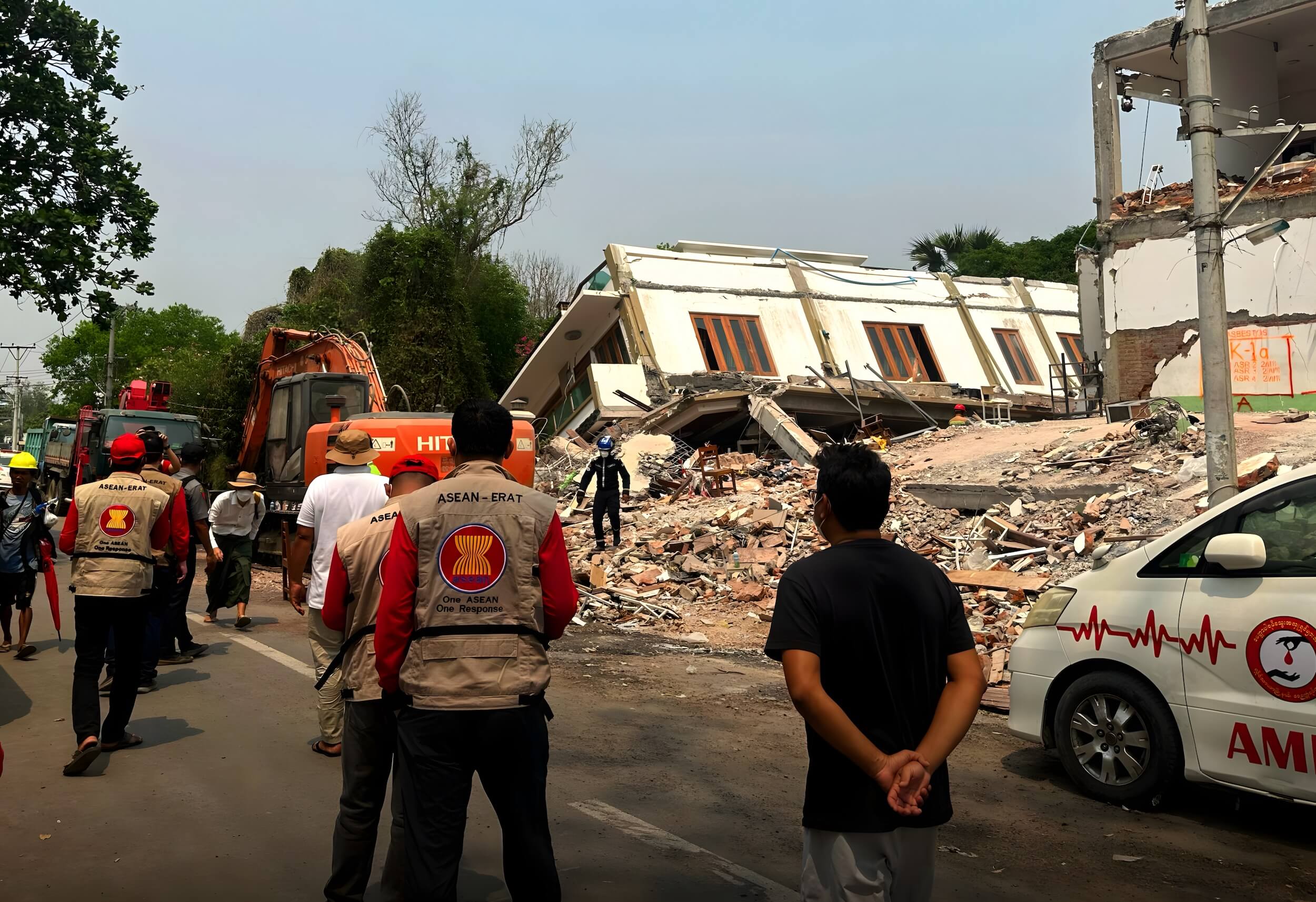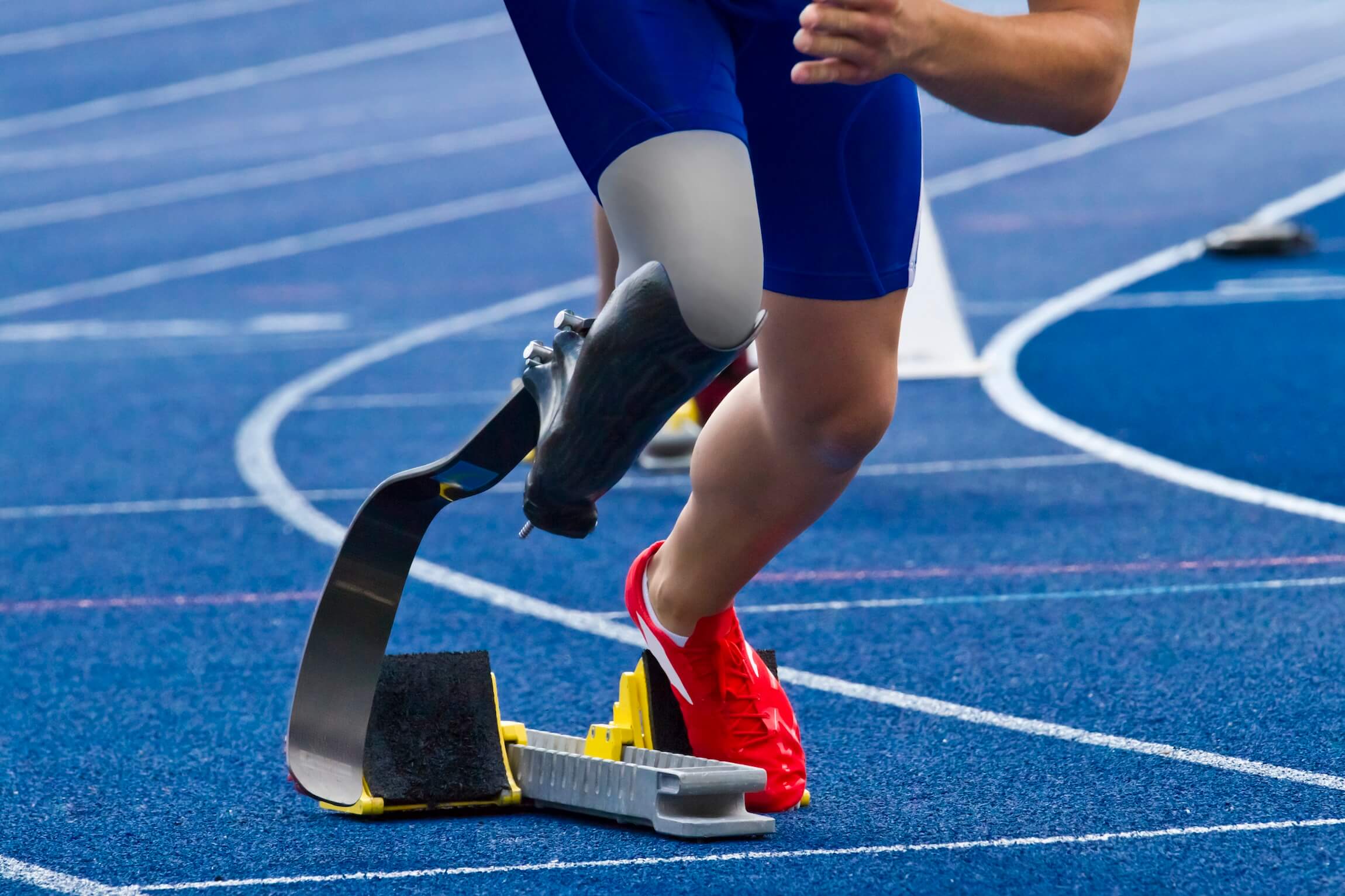



In the recently published Sustainable Development Report 2020, which tracks countries’ progress on achieving their sustainable development goals on time, most ASEAN Member States attained index scores ranging from 60 and 70. Rank-wise, six ASEAN Member States are among the top 100 countries, with two Member States, namely, Thailand and Viet Nam, among the top 50 countries.
This means that overall, ASEAN is making significant headway towards reducing poverty, addressing hunger, improving health standards, and increasing access to education. It is also making good progress in fostering innovation, building sustainable communities, and addressing the impacts of climate change.
However, gaps remain. According to UN ESCAP, Southeast Asia needs to redouble its efforts in building resilience to disasters, reducing premature mortality from non-communicable diseases, preventing substance abuse, reducing road traffic accidents, and enhancing transport systems. Attention is also needed to reduce inequalities and build stronger institutions.
Various challenges persist that often obstruct progress, starting from lack of coherence in government initiatives and lack of financial resources, to lack of reliable data to monitor the progress and inform policymaking. COVID-19 certainly brings new challenges and negative impacts on most of the goals as noted by the United Nations.
Aware of these gaps, ASEAN has undertaken various initiatives to address the challenges that derail SDG implementation. A series of symposiums on SDGs jointly organised by ASEAN, China, and UNDP surfaced the need to establish a stronger basis for financing policies by systematically costing development plans and policies, and establishing comprehensive, long-term financing strategies. At the regional level, ASEAN can establish an integrated national financing framework peer review mechanism, and a knowledge-sharing platform on financing for sustainable development. Countries in the region also need to improve the enabling environment for coherent, cohesive, coordinated policies across different government agencies and between different levels of governance; translate global goals and integrate them into local plans; and enhance partnerships for the implementation of SDG-related initiatives. Lastly, countries must invest in innovation as it is key to the successful realisation of the SDGs.
ASEAN Platforms for Cooperation on SDGs
ASEAN has established several platforms for SDG cooperation. One is the ASEAN Forum on SDGs with National Development Planning Agencies which is intended to be conducted regularly. The 2nd forum, held on 12 October 2020, discussed the proposal to develop a work plan on SDG cooperation and to establish a mechanism for cooperation among national development planning agencies or inter-agency coordinating platforms on SDGs. Envisioned to involve various sectoral bodies, the work plan is expected to steer cooperation for the decade of action and complement the current priorities of ASEAN.
The forum participants highlighted the importance of reliable statistics and data to monitor SDG progress and encouraged governments to utilise opportunities brought about by innovation and technology to improve their data systems. The participants also noted that governments need to strengthen the capacity of, pour more, financial resources into, as well as improve coordination with statistical offices. A platform to further enhance cooperation on statistics is available at the regional level, i.e. Working Group on Sustainable Development Goals Indicators of the ASEAN Community Statistical System. This 2nd forum was held in cooperation with Switzerland and part of the Road to Bern, a series of events on SDGs leading to the UN World Data Forum 2021.
The annual ASEAN-China-UNDP symposium on SDGs is another important platform for dialogue among government officials and stakeholders. The 5th symposium, focusing on the roles of youth in advancing SDG implementation, is expected to be held virtually at the end of 2020. The youth play a critical role in sustainable development in the form of fresh and innovative ideas, technology development and use, and communicating the SDGs, to name a few. The 5th symposium is set to discuss policies and initiatives to strengthen the roles of the youth, while at the same time, ensure that the youth can benefit from development gains.
Another important platform is the regular High-Level Brainstorming Dialogue (HLBD) on Enhancing Complementarities between the ASEAN Community Vision 2025 and the United Nations 2030 Agenda for Sustainable Development. The 4th HLBD was held on 4 June 2020 and focused on reviewing the progress of implementation of Complementarities Roadmap 2020-2025. It also identified further initiatives to follow up the Complementarities Initiative, taking into account the impacts of COVID-19.
Ways Forward
ASEAN is strongly committed to achieving the SDGs as reflected by Its concrete initiatives and cooperation platforms. Moving forward, Member States must exert robust efforts to follow up the outcomes arising from these initiatives. Studies, recommendations, and guidelines are available and can be utilised and translated into concrete actions. Ensuring coherence among ASEAN platforms on SDGs cooperation is also vital. These measures will help ensure that the region attains significant progress in the next ten years towards the achievement of the SDGs by 2030.








